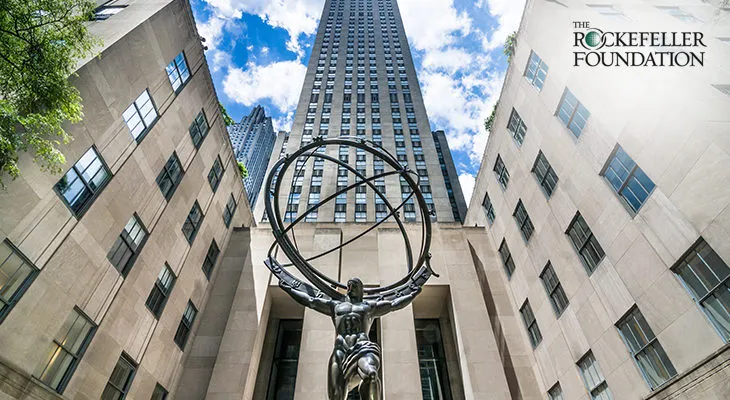Rockefeller Foundation Targets 60 Coal Plant Closures with New Carbon Credit Initiative

|
Listen to this story:
|
- Up to $110B in investment could be mobilized through early retirement of 60 coal plants under the new CCCI carbon credit system.
- First project set for 2026 closure in the Philippines, supported by regional and global investors including ACEN, GenZero, Keppel, and Mitsubishi.
- Safeguards limit funding to viable plants only and require “no new coal” commitments to prevent subsidizing stranded assets.
The Rockefeller Foundation plans to retire 60 coal-fired power plants in developing countries by 2030 through a new carbon finance initiative, following the approval of its methodology by leading carbon standards body Verra.
The Coal to Clean Credits Initiative (CCCI) is designed to accelerate the global transition from coal to renewables by enabling early plant closures to generate carbon credits. These credits would help offset the financial losses from decommissioning and fund renewable infrastructure, energy storage, and worker protections.
“That target of 60 projects by 2030 is our overall goal, our ambition,” said Joseph Curtin, who leads the Rockefeller Foundation’s coal transition efforts.

Curtin noted that around 1,000 plants in developing countries are eligible under CCCI’s criteria. If achieved, the initiative could draw $110 billion in public and private capital by the end of the decade.
CCCI’s methodology, launched in Singapore on Tuesday, defines how projects qualify and how emissions reductions from early shutdowns are calculated. The first project to apply this framework will be the South Luzon Thermal Energy Corporation (SLTEC) plant in the Philippines, with the transaction expected to finalize by 2026.
The SLTEC plant retirement is being driven by a coalition of major players including ACEN, GenZero, Keppel, Mitsubishi, and Diamond Generating Asia.
RELATED ARTICLE: Rockefeller Foundation Invests $500K in TNFD to Scale Nature-Related Disclosure
“Obviously if we can close one transaction – and we’re getting much closer – we think that will have a very strong impact on the market and will hopefully reverberate across the region,” Curtin added.
Eric Francia, CEO of ACEN, emphasized the initiative’s broader social and economic benefits: “Revenue from carbon credits will be used to cover foregone cashflows, fund energy storage, and protect the interests of local workers and communities.”

The International Energy Agency estimates that 2,000 coal-fired plants must be closed by 2040 to stay on track with climate goals. Currently, only 15% are covered by formal retirement pledges.
However, carbon finance for coal retirements remains controversial.
Jonathan Crook of Carbon Market Watch warned, “The risk with this is how do you determine you are not giving finance to something that was a stranded asset, that wasn’t going to be viable in the future?”

To mitigate such concerns, CCCI will only support profitable projects and those owned by entities with firm “no new coal” policies, Curtin clarified.
“Of course, we need to manage the perception, which is admittedly not good, but we look at the substance,” Francia said. “The early retirement of SLTEC is a genuine contribution to the energy transition.”
Follow ESG News on LinkedIn









